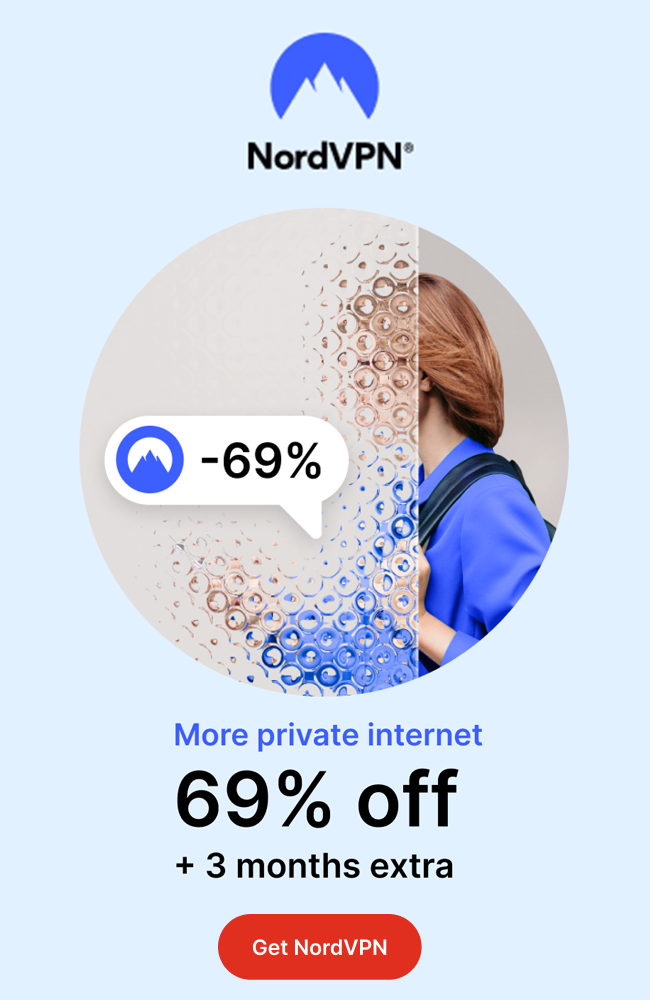Do you know that optimizing your landing pages for voice search can significantly boost your online visibility and drive more organic traffic to your website?
With the rapid growth of voice search technology, it has become crucial for businesses to adapt their SEO strategies to cater to voice search queries. In this guide, we will explore effective strategies and tools to optimize your landing pages for voice search, ensuring that your website is well-positioned to capture the attention of voice search users.
Contact discovery is a vital aspect of optimizing landing pages for voice search. By finding and connecting with relevant influencers, experts, or industry leaders, you can enhance the credibility and visibility of your content.
For example, if you’re writing a guide on voice search optimization, reach out to SEO experts who specialize in voice search and ask for their insights or quotes to include in your content.
Engaging with these contacts not only enriches your content but also increases the likelihood of them sharing your landing page, expanding its reach to their audience. Collaborating with industry influencers can drive more organic traffic and establish your credibility in the field.
Understanding Voice Search and its Impact on Landing Pages
Let’s start by understanding what exactly voice search is and how it influences the way users interact with search engines. Voice search refers to the act of using voice commands or queries to perform searches on devices like smartphones, smart speakers, and virtual assistants. As more people embrace voice-activated devices, the impact on search behavior is significant.
Consider these statistics: Over 40% of adults and 55% of teens use voice search daily, and by 2023, the number of voice assistant devices is expected to reach 8 billion globally. These numbers highlight the immense potential of voice search as a channel to connect with your target audience.
The rise of voice search also calls for a shift in traditional SEO strategies. Unlike traditional text-based searches, voice queries are typically longer, conversational, and focused on obtaining quick answers. As a result, optimizing your landing pages for voice search requires a different approach to keyword research, content creation, and technical considerations.
Role of Content in Voice Search Optimization
To effectively optimize your landing pages for voice search, it’s crucial to create content that aligns with how users speak and ask questions. You can do this by adopting a conversational tone and incorporating natural language phrases into your content.
For example, instead of targeting a keyword like “voice search optimization,” consider targeting a long-tail keyword such as “What are the best voice search optimization strategies?” or “How can I optimize my landing pages for voice search?” By anticipating and answering these types of voice queries within your content, you increase the chances of your page appearing in voice search results.
Additionally, structure your content to provide concise, direct answers to commonly asked questions. Featured snippets and answer boxes are highly coveted spots in voice search results. By structuring your content in a way that provides clear answers to frequently asked questions, you enhance your chances of being featured in these prominent positions.
Optimizing Metadata and Structured Data for Voice Search
In addition to creating conversational content, optimizing your metadata and structured data is vital for voice search optimization. Start by crafting descriptive and concise page titles that accurately summarize the content of your landing page. This helps search engines understand the relevance of your page to voice search queries.
When writing meta descriptions, keep in mind that they may be read aloud by virtual assistants. Focus on creating compelling and informative descriptions that entice users to click on your page. By incorporating voice search-friendly phrases, such as “Find expert tips on optimizing landing pages for voice search,” you can increase the chances of attracting voice search users.
Implementing structured data markup, such as schema.org, further enhances the visibility of your content in voice search results. By providing structured information about your landing pages, you enable search engines to better understand and present your content to voice search users.
Technical Considerations for Voice Search Optimization
To ensure a seamless voice search experience for users, it’s essential to optimize the technical aspects of your landing pages. Start by ensuring that your website is mobile-friendly and has a responsive design. Voice searches are predominantly performed on mobile devices, so it’s crucial to provide a user-friendly experience across various screen sizes.
Page speed is another critical factor. Users expect quick answers when they perform voice searches. Optimizing your landing pages for fast load times can improve user
satisfaction and increase the likelihood of your page being recommended in voice search results.
Implementing schema markup specific to voice search-enabled devices, such as Actions on Google or Alexa Skills, allows you to optimize your landing pages for voice-activated commands. By leveraging these technical considerations, you can enhance your website’s compatibility with voice search platforms and improve its visibility to voice search users.
Leveraging Local SEO for Voice Search
Local SEO plays a significant role in voice search optimization, especially for businesses targeting geographically specific queries. When optimizing your landing pages for voice search, make sure to incorporate local intent and relevant location-based keywords. For example, if you run a restaurant in New York City, optimize your landing pages with phrases like “best restaurants in NYC” or “where can I find Italian cuisine in New York?”
Registering your business with local directories and platforms, such as Google My Business and Yelp, is also crucial. Providing accurate and up-to-date information about your business, such as address, phone number, and operating hours, increases your chances of appearing in local voice search results.
Encourage your customers to leave online reviews and ratings for your business. Positive reviews not only build trust with potential customers but also contribute to better rankings in voice search results.
Voice Search Optimization Tools and Resources
Several tools and resources can assist you in optimizing your landing pages for voice search. Start with keyword research tools that specifically identify long-tail keywords and phrases relevant to voice search queries. Tools like SEMrush, Ahrefs, and AnswerThePublic can provide valuable insights into the language used by voice search users.
To track your voice search performance, voice search analytics tools like Pulsar AI or Voice Metrics can help you monitor the number of voice search impressions, clicks, and conversions on your landing pages.
Natural language processing (NLP) tools, such as IBM Watson or Google’s Natural Language API, can help you analyze and optimize your content to better align with voice search patterns and intents.
Testing, Monitoring, and Refining Voice Search Optimization Strategies
Optimizing landing pages for voice search is an ongoing process. It’s important to continuously test, monitor, and refine your strategies based on data and user feedback.
Conduct A/B tests to compare different versions of your landing pages and analyze which elements perform best in voice search results. Monitor your voice search rankings and track the performance of your optimized landing pages to identify areas for improvement.
Gather user feedback through surveys or by engaging with your audience on social media. This will provide insights into how well your landing pages are meeting the needs of voice search users and guide your refinements.
Conclusion
In conclusion, optimizing your landing pages for voice search is no longer an option but a necessity in today’s digital landscape. By understanding the nuances of voice search and implementing effective strategies, you can significantly increase your website’s visibility, attract more organic traffic, and stay ahead of the competition.



